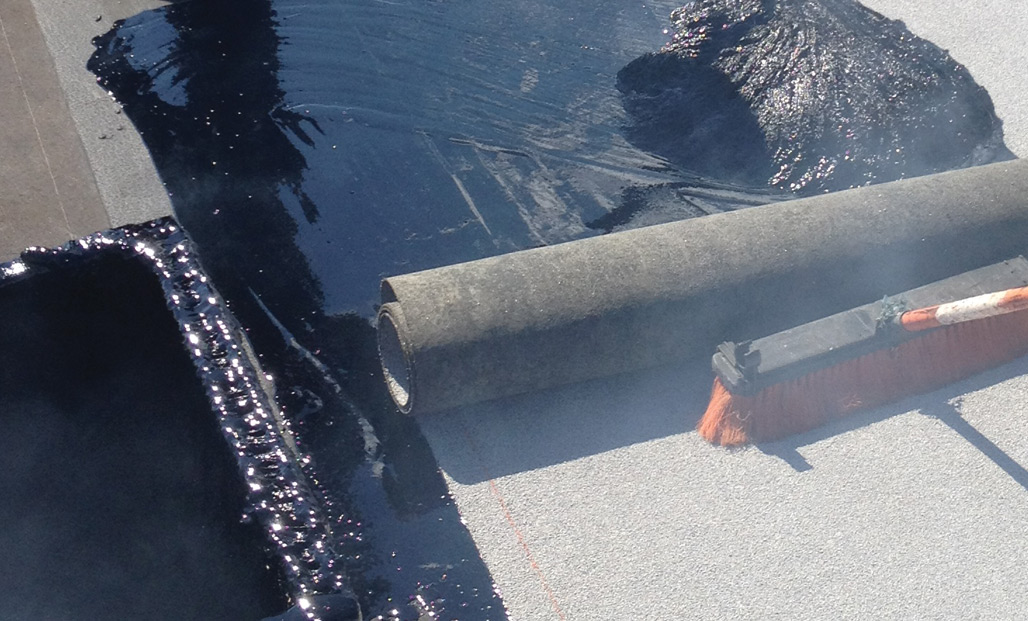On Friday, Nov. 7, the Supreme Court agreed to hear King v. Burwell, which most legal observers acknowledge would not only be the most significant case set before the high court since Gore v. Bush, but also the most likely way of dismantling the Affordable Care Act (Obamacare).
King v. Burwell hinges on how the court will interpret statutory language related to the act's hallmark tax credits.
The disagreement focuses on the act's requirement that states establish insurance exchanges from which low- to middle-income taxpayers who do not receive employer-provided health insurance and are too wealthy for Medicaid can purchase health insurance. Later, the law goes on to say states can opt out of establishing exchanges; in such cases, the federal government "shall … establish and operate such Exchange with the State."
Seems fair enough. But then, in the act's subprovisions, the law states tax credits provided to low- to middle-income beneficiaries are based on coverage months taxpayers spent enrolled in health plans "through an Exchange established by the State." And therein lies the problem: The law does not mention exchanges established by the federal government, which, if interpreted literally, means there is no tax credit available to those enrolled in a federal exchange. This applies to 34 states that declined to establish their own exchanges. The entire law more or less falls apart at this point because those taxpayers no longer would be subject to the individual mandate to carry health insurance.
The Supreme Court has to decide whether the language should be interpreted as written or whether the ambiguity was meant to include federal exchanges. The court's main responsibility is to avoid interpreting a law in a way that would be absurd.
Senior Fourth Circuit Judge Andre M. Davis told Fortune: "If I ask for pizza from Pizza Hut for lunch but clarify that I would be fine with pizza from Domino's, and then I specify that I want ham and pepperoni on my pizza from Pizza Hut, my friend who returns from Domino's with a ham and pepperoni pizza has still complied with a literal construction of my lunch order. That is the case."
The Supreme Court is set to hear the case in March 2015 and issue a ruling by the end of June 2015.
Ambika Puniani Bailey is editor of Professional Roofing and NRCA's associate executive director of communications and production.



